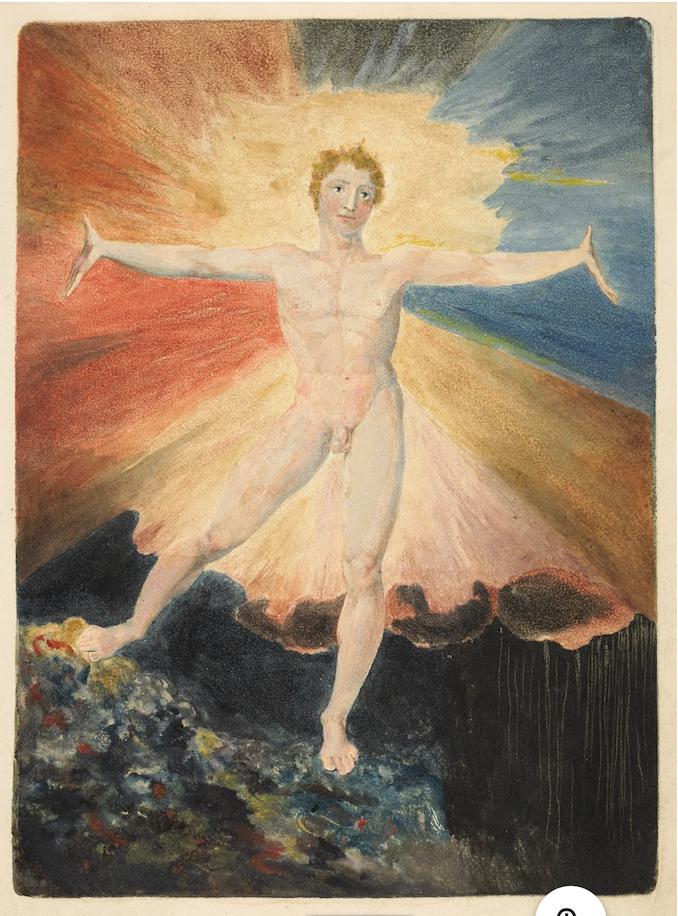
"To see a World in a Grain of Sand
And a Heaven in a Wild Flower
Hold Infinity in the palm of your hand
And Eternity in an hour"
~ William Blake, “Auguries of Innocence“
By Catherine Austin Fitts
In our next interview, I explore with Jon Rappoport what the romantic poet and painter William Blake can teach us today about the power of imagination, vision, and faith – critical ingredients to living a free and inspired life and to making a difference in deeply troubled times.
Jon Rappoport’s teachings on imagination have had a profound influence on me and on many Solari Report subscribers. So when he published a new article on Blake and his relevance to our current situation, I immediately asked Jon to join me on the Solari Report.
For Let’s Go to the Movies, I recommend The Romantics, a three-part documentary telling how the romantic movement that started in the arts was successful in establishing freedom, nature, and eternity as dominant values to counter central control.
In Money & Markets, John Titus and I will review the latest financial and geopolitical news, and what it means for the months ahead. E-mail your questions for Ask Catherine or post at the Money & Markets commentary here.
Talk to you on Thursday!
Related Solari Reports
Jon Rappoport on Matrix Nuts & Bolts
Related Reading
Latest article from Jon Rappoport on William Blake
“Auguries of Innocence” by William Blake
Jon Rappoport’s blog
Jon Rappoport’s website









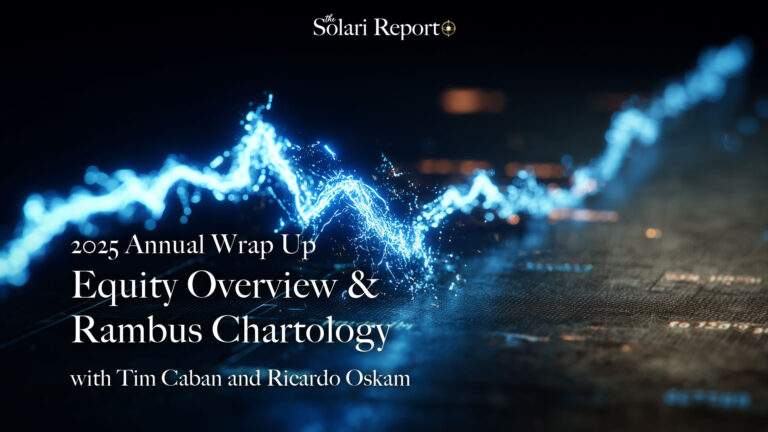
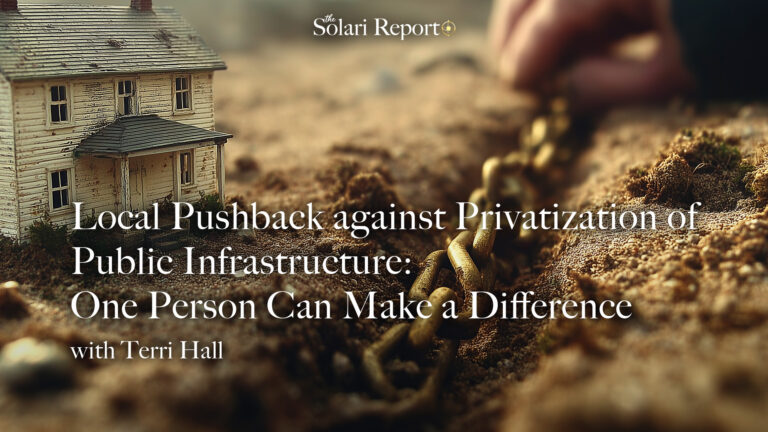


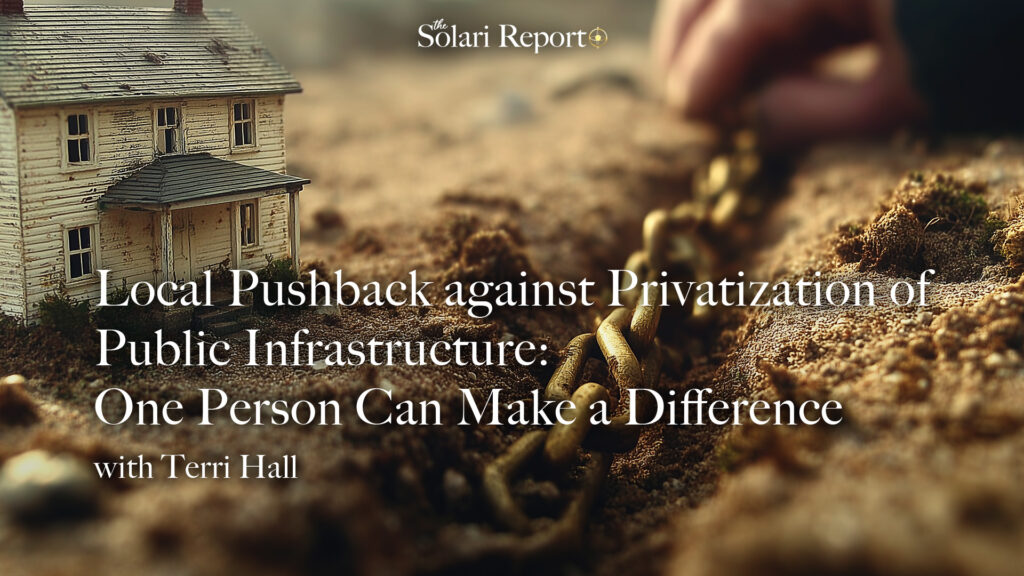















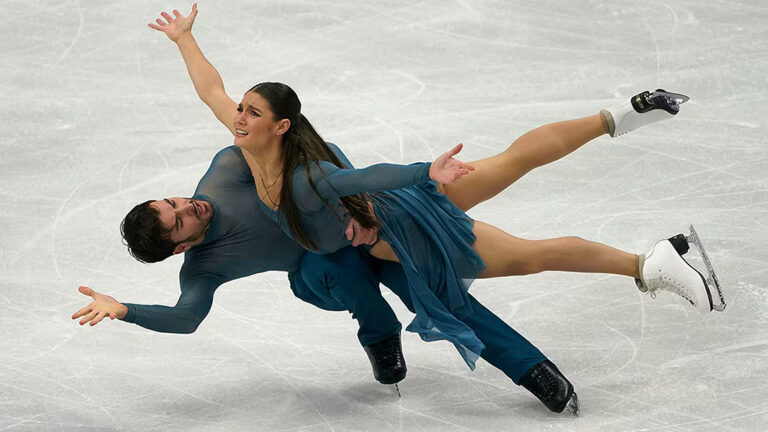


























































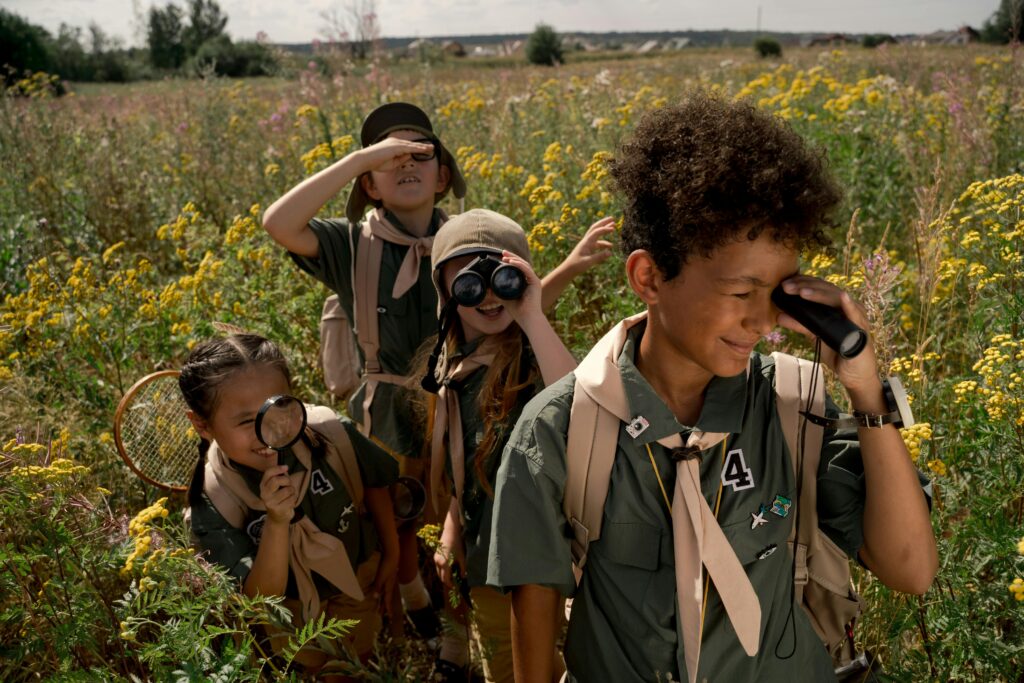


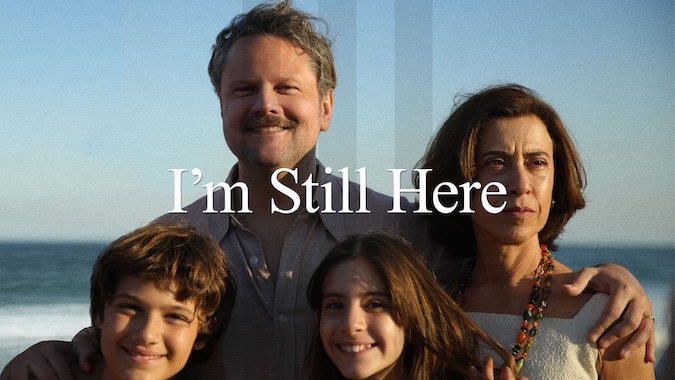


























I know we are are unique. Jon blows my mind. I reread and re-listen to all his work. And use it. This morning his Full Power book. Its like, how can a human be so accurate, like a time traveler and more. And how Catherine when she starts talking and sometimes all of a sudden gets some kind of super download right before our eyes and its off the charts. Ok I will go listen to this now.
That was weird, in a good way.
My life’s work was and is, turning mathematical ideas into reality.
What a wonderful career!
Hi Richard, what do you do for a living if you don’t mind me asking.
I have a Masters degree in Control Engineering.
I was always curious about how and why things work.
For example, exactly how to get electricity to South Africa from Botswana and vice versa. The power lines are incidental, it’s more the why, if you get my meaning.
I’ll defer on the “wonderful” – there are some very bad ideas out there.
Electrical Engineering pays better, hence I spent most of my career in electrical power, until I retired. Now, I find finance is much cleaner.
From the bottom of my heart thank you both so much. Absolutely beautiful
Hi Catherine,
I really enjoy all your talks with Jon, but this one was something special. Have you seen the “Boxed-Horse Principle” by John Taylor Gatto? Explains how schooling and lockdowns work pretty simply. It’s part of a larger talk he did from 16 years ago. He also brings up (in the longer talk) countless examples of successful people who were school dropouts or had minimal schooling, but still gave themselves a superb education.
https://youtu.be/8Pwfq-6d1F4
So many of the angry parents at school board meetings need reassurance that dropping out of school to pursue a calling/business is a great alternative to complying to the impending vaccine mandates (!) Could be more important than Cash Friday, soon.
“invent another thought” !! excellent daily advice.
here is a favorite poem:
The Thought Fox by Ted Hughes
I imagine this midnight moment’s forest:
Something else is alive
Beside the clock’s loneliness
And this blank page where my fingers move.
Through the window I see no star:
Something more near
Though deeper within darkness
Is entering the loneliness:
Cold, delicately as the dark snow
A fox’s nose touches twig, leaf;
Two eyes serve a movement, that now
And again now, and now, and now
Sets neat prints into the snow
Between trees, and warily a lame
Shadow lags by stump and in hollow
Of a body that is bold to come
Across clearings, an eye,
A widening deepening greenness,
Brilliantly, concentratedly,
Coming about its own business
Till, with a sudden sharp hot stink of fox
It enters the dark hole of the head.
The window is starless still; the clock ticks,
The page is printed.
Thank you Catherine,
for everything and allowing us to participate in all this!
Great conversation.